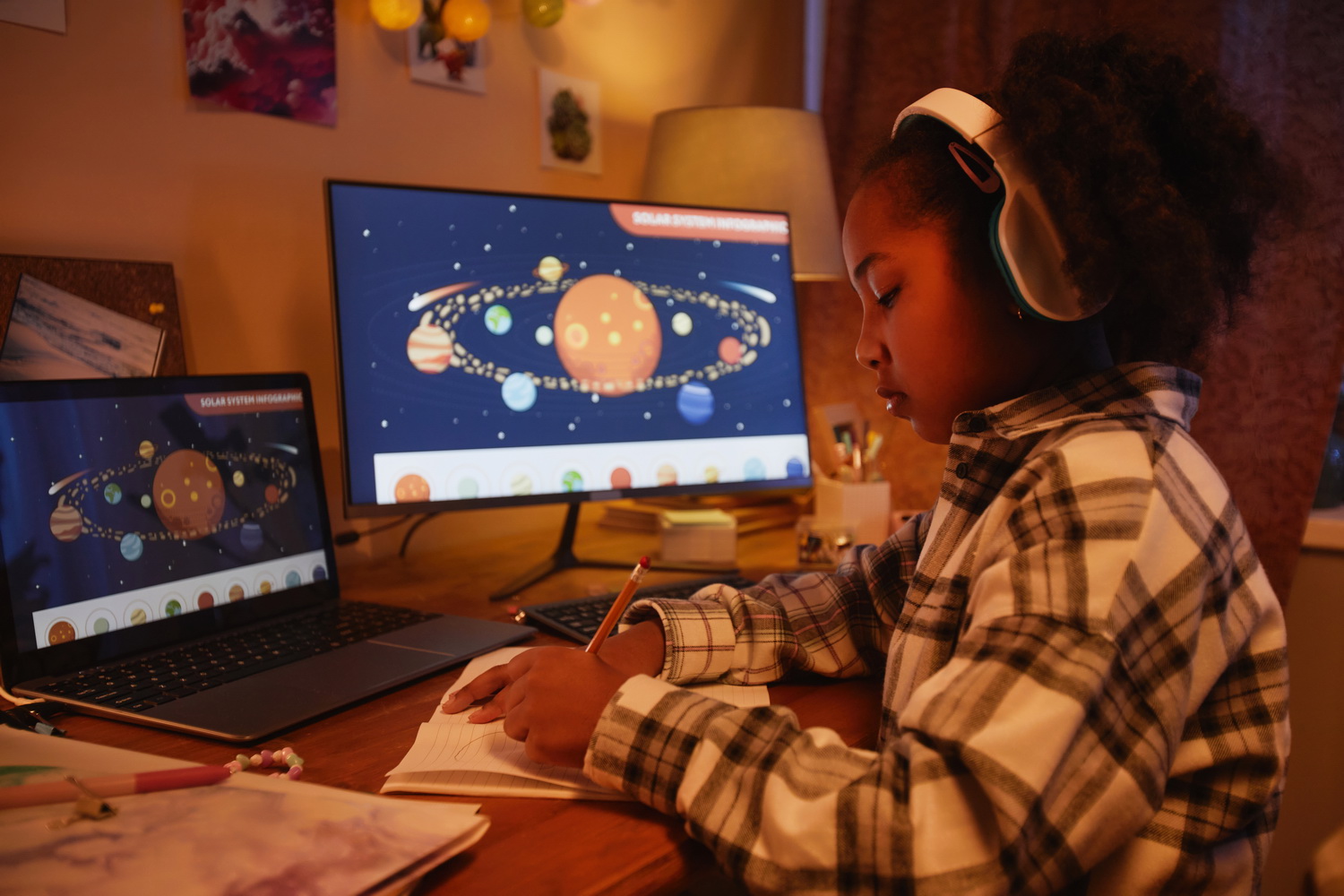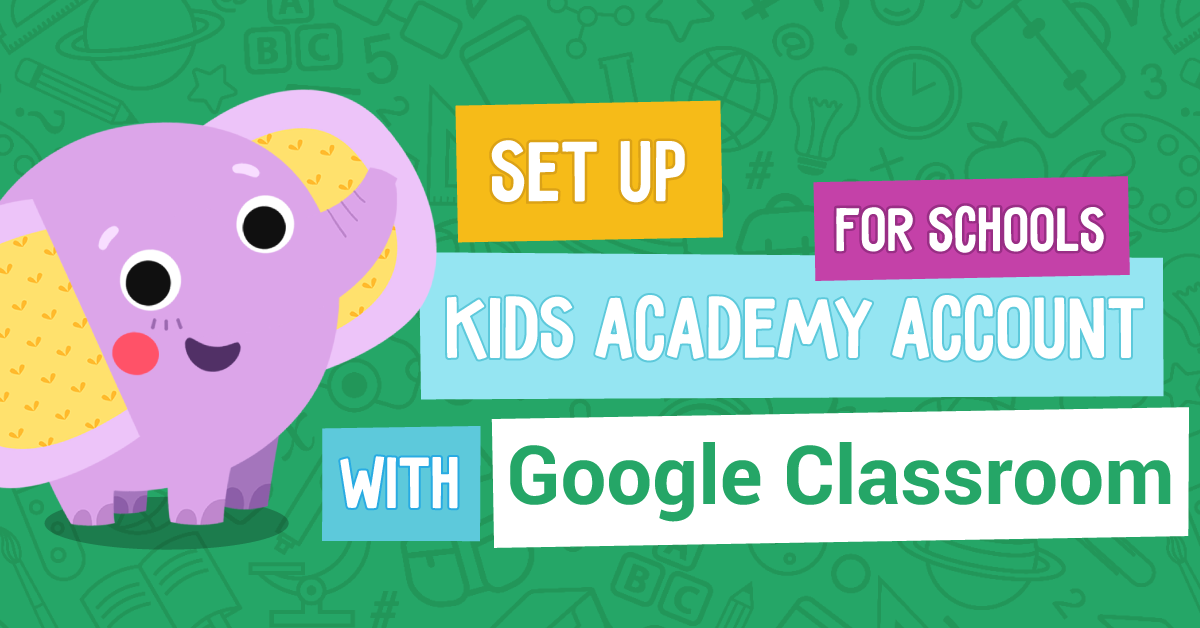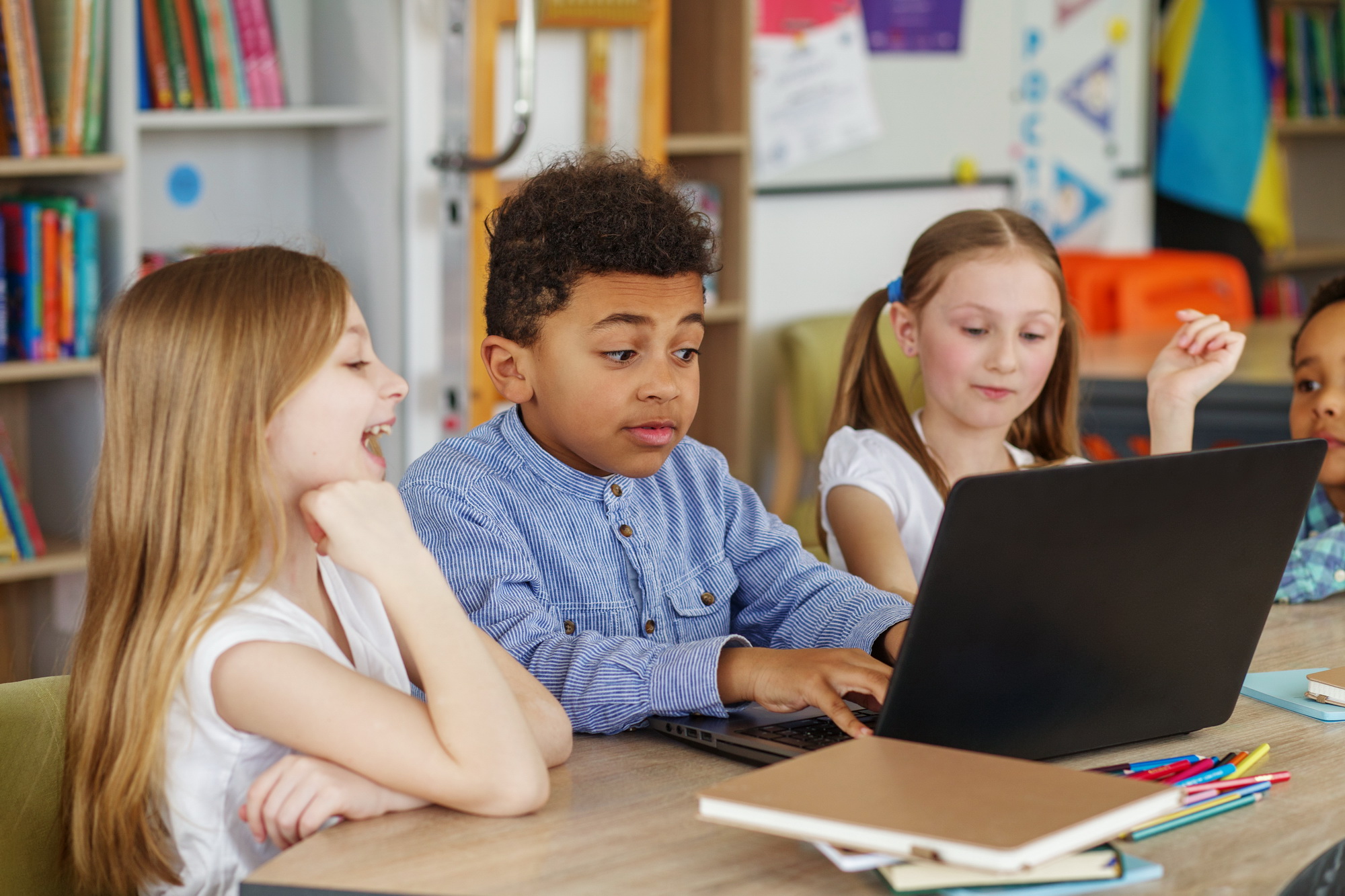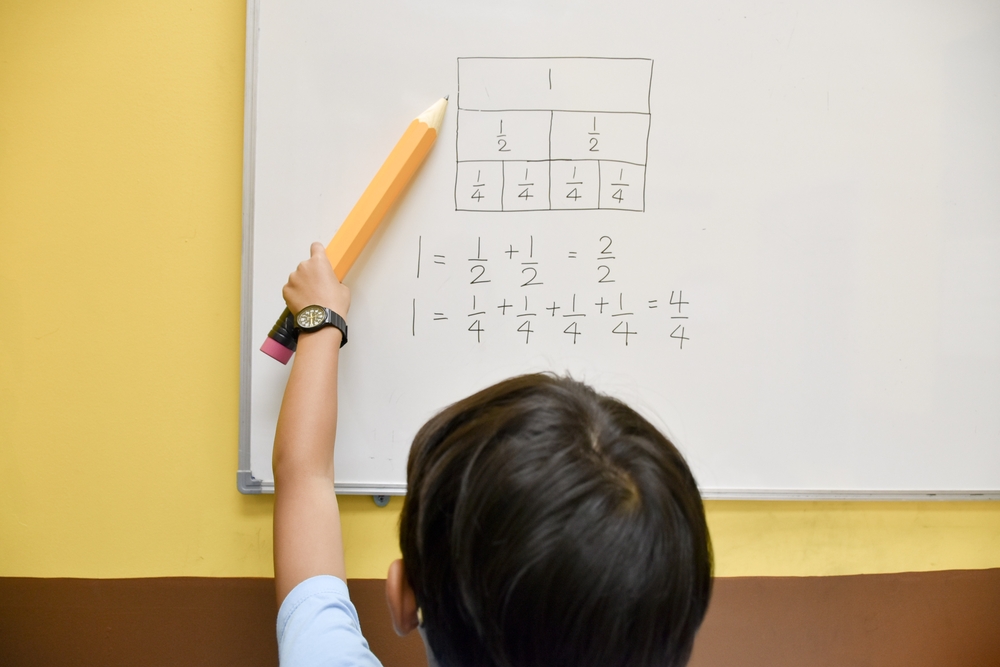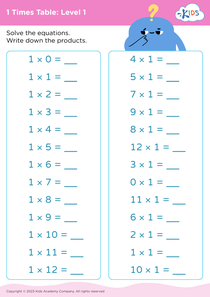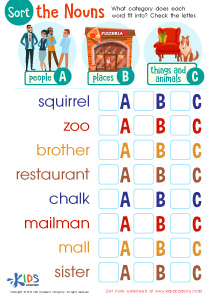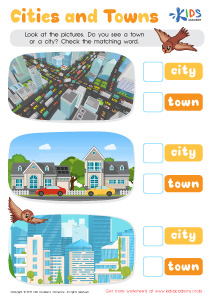Easy Matching worksheets activities for Grade 3
1 filtered results
-
From - To
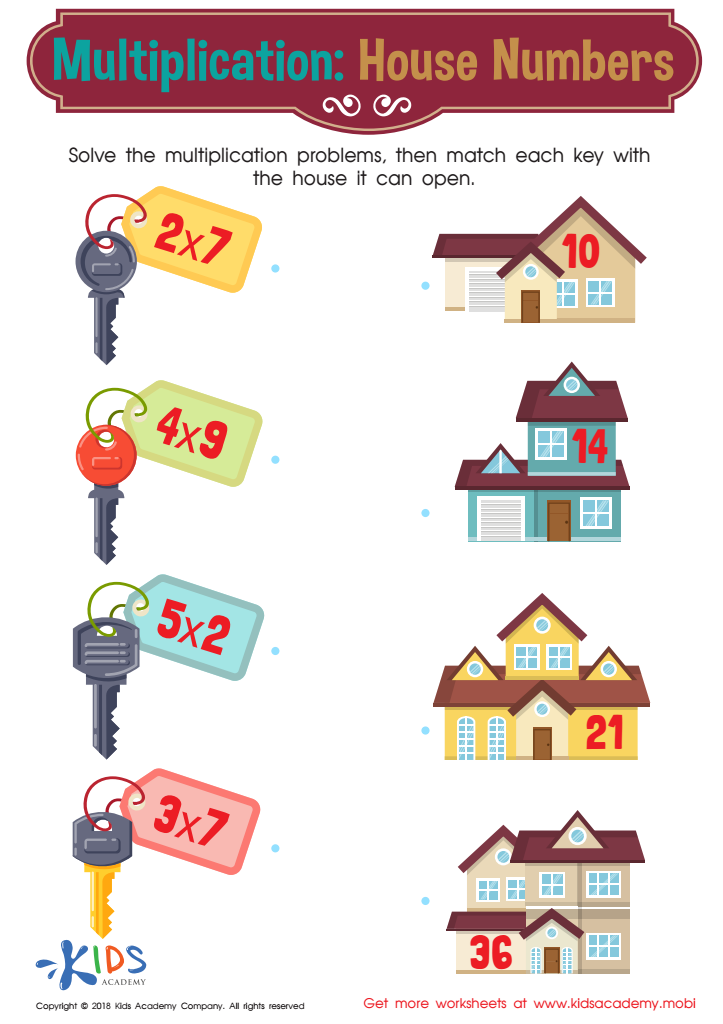

House Numbers Worksheet
Easy Matching worksheets activities for Grade 3 play a crucial role in enhancing various essential skills among young learners. At this pivotal stage of their education, third graders are at an ideal age to benefit from these engaging and educational tools. These worksheets are meticulously designed to improve cognitive abilities, reinforce learning, and make the process enjoyable.
Firstly, Easy Matching worksheets activities for Grade 3 foster critical thinking and problem-solving skills. Students are required to analyze each problem, identify patterns or similarities, and make connections between different items. This process not only hones their analytical skills but also boosts their confidence as they successfully complete each worksheet.
Moreover, these activities are instrumental in enhancing memory and concentration. Matching exercises require students to remember specific details, which in turn, strengthens their memory. As they focus on finding and matching the correct pairs, their concentration levels improve, benefitting their overall academic performance.
Language and vocabulary development is another significant advantage of Easy Matching worksheets activities. For Grade 3 students, expanding their vocabulary and improving language skills is crucial. Through matching words with pictures or definitions, students enrich their vocabulary in a fun and interactive manner. This method of learning ensures better retention and understanding of new words and concepts.
Furthermore, Easy Matching worksheets provide a versatile learning platform. They can be adapted to various subjects such as mathematics, science, or language arts, making them a valuable resource across different areas of study. This versatility ensures that students remain engaged and interested, as the worksheets can be tailored to their individual learning preferences and needs.
In conclusion, Easy Matching worksheets activities for Grade 3 are an excellent educational resource. They not only make learning enjoyable but also significantly contribute to the development of critical thinking, memory, concentration, and language skills. By incorporating these activities into the curriculum, educators can provide a well-rounded learning experience that prepares students for future academic challenges.
 Assign to My Students
Assign to My Students



